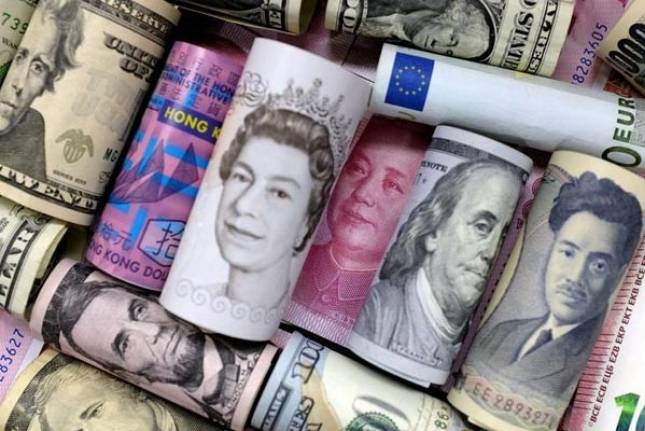Fitch Ratings has revised the Outlook on Sri Lanka's Long-Term Foreign-Currency Issuer Default Rating (IDR) to Negative from Stable and has affirmed the IDR at 'B'.
Revision of the Outlook to Negative from Stable reflects rising risks to debt sustainability from a significant shift in fiscal policy and the potential for roll-back of fiscal and economic reforms in the aftermath of November's Presidential elections.
However, government authorities rejected the assumptions of Fitch Ratings while defending their action to bring down certain taxes and abolish several other taxes claiming it as an economic stimulant package.
Eminent tax experts noted that the immediate loss of revenue will be between Rs. 650 billion and Rs. 680 billion. This loss amounts to a third of the Government revenue or about 4% of GDP.
In the medium term, a part of this could be recovered by roping in more taxpayers into the tax net.
But in the short term, the Government will have to raise these funds by borrowing from the market after increasing the Government’s borrowing limits through Parliament, they added.
Fitch believes the departure from the previous revenue-based fiscal consolidation path has created policy uncertainty and increased external financing risk for the sovereign, particularly given the large external debt repayments due in 2020 and beyond..
Fitch expects these offsetting measures, such as adjustments to excise taxes and spending cuts on non-priority public investment and recurrent expenditure, to mitigate part of the revenue loss from the tax announcement. However, the agency nevertheless expects the deficit to widen by about 1.5% of GDP relative to our previous forecasts.
Sri Lanka government authorities reiterate that the recent rating action by Fitch Ratings to revise Sri Lanka’s Outlook to ‘Negative’ has been hastily done without considering facts on the ground.
This rating decision has mainly been based on the hypothesis that Sri Lanka would shift away from the revenue-based fiscal consolidation stance, thereby causing risks to debt sustainability.
The government expects the tax measures announced, will help to boost the economic activities including agriculture, tourism, construction and other services sectors which will provide an impetus to achieve 4.0-4.5 percent growth in 2020.
(LI)

